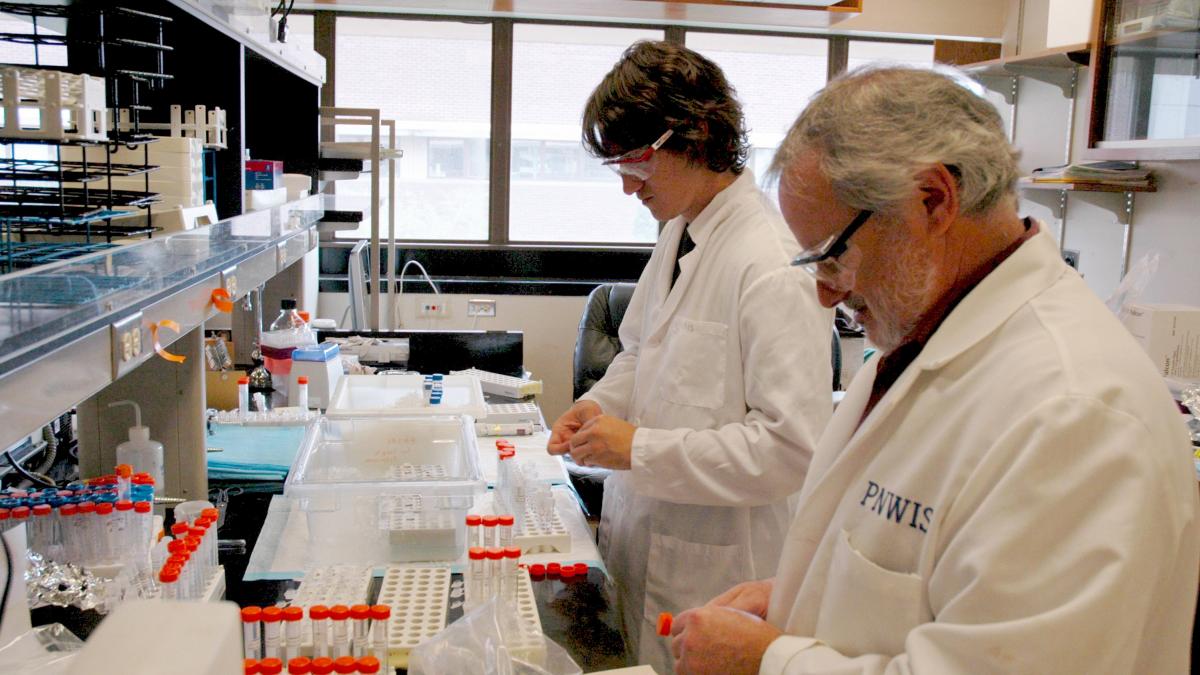
Contributing to science-based changes in regulatory policy and public health or medical practice that result in a reduction in the burden of environmentally induced diseases.
In general, EDGE members may take advantage of the services offered by the facility cores without having to incur labor and infrastructure costs related to the project. Occasionally we do have larger projects that require a disproportionate amount of staff time. In these cases the EDGE covers a reasonable portion of the labor costs. If the instrumentation or service is not available through one of our own facility cores, the IEHSFC will help locate a Cost Center that provides the service. EDGE Pilot project funds and mini-grant funding can also be used to cover a portion of the cost of EDGE facility core usage.
This Core provides investigators with cost effective, priority access to genomics, transcriptomics, epigenetics, and targeted proteomic and metabolomic state-of the-art technologies and consultation
This core provides consultation and direct service resources for clinical, translational and population based environmental health studies. Areas supported include clinical assessments, sample storage, technical assistance, and access to many facility core laboratories throughout the UW and FHCRC. The IEHSFC assists in study design, navigating human subjects applications, and forging collaborations across disciplines at the UW. The IEHSFC has a special emphasis on disaster response research (DR2), including climate related impacts on health.
This Core provides EDGE investigators with access to state-of-the-art analytical methods, instrumentation and exposure science expertise.
This Core supports EDGE Investigators to create equitable community-engaged research partnerships, communicate their science to a range of audiences, and make their science more actionable. This core helps investigators identify and engage partners relevant to their research areas of interest. It also helps investigators develop materials or host events to share important research findings with community groups, public health professionals, policymakers, K-12 teachers, and students, or other groups.

